';
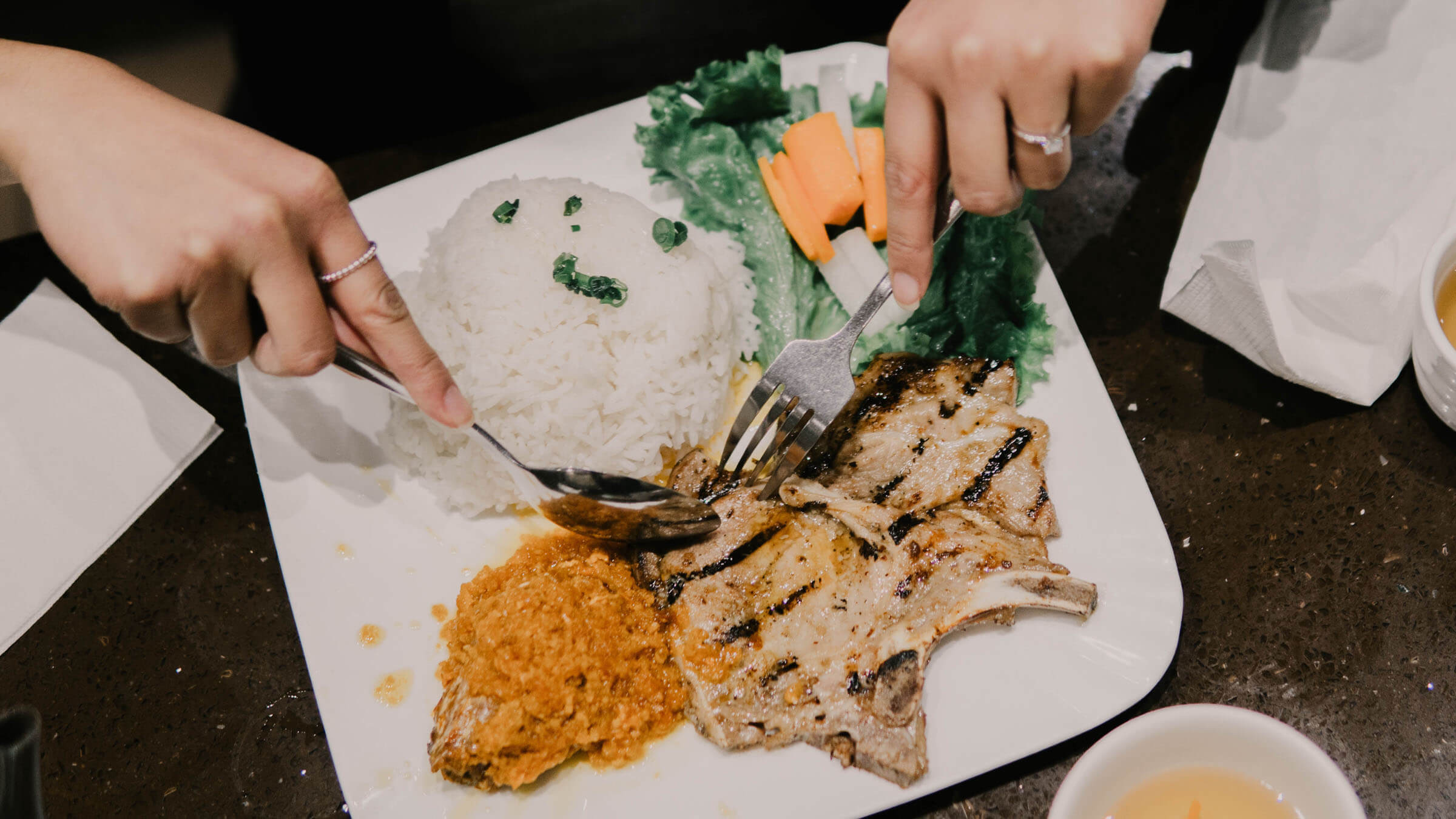

Food
Mind Your Manners: Can You Ace This Food Etiquette Quiz?
From formal dining to cultural taboos, take our test to prove you’re no dinner table dunce – no matter where you are in the world
By Irene de Vette Jessica KellerScroll
Whether dining with locals in a foreign country, taking tea with royalty or simply enjoying a meal among friends, exhibiting good manners is a must, as it shows respect for your prandial companions. See if you know how to mind your Ps and Qs at mealtime around the world.
1. When a sommelier lets you taste a wine before serving it to the rest of your dining companions, it’s meant for you to determine…
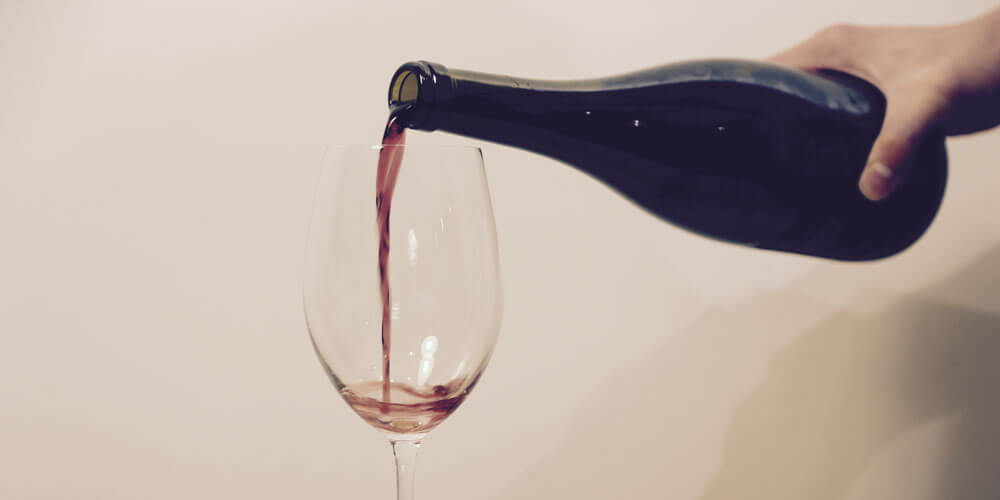
Correct!
Wrong!
-
2. To indicate that you’re done eating, you should place your silverware…
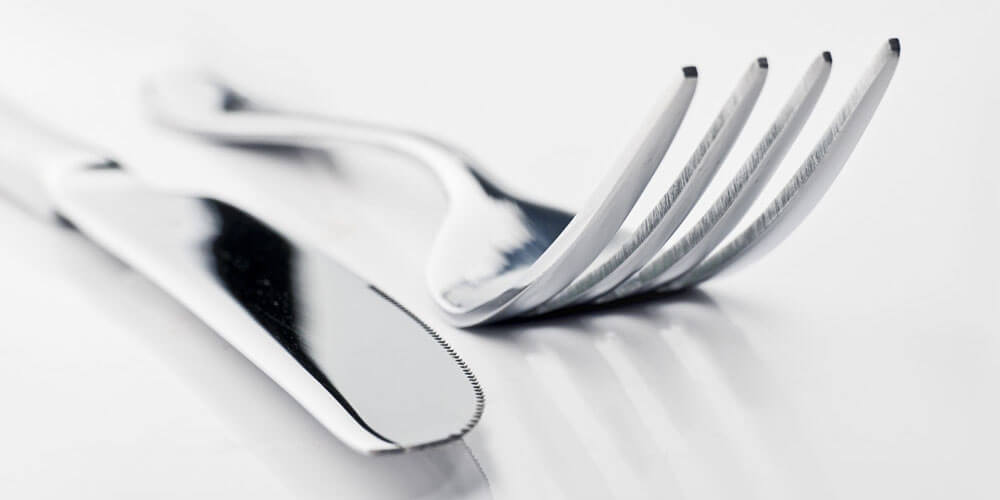
Correct!
Wrong!
-
3. Slurping your soup loudly is considered rude, right? Not in this country:

Correct!
Wrong!
-
4. When eating with chopsticks in most Asian countries, you should never…
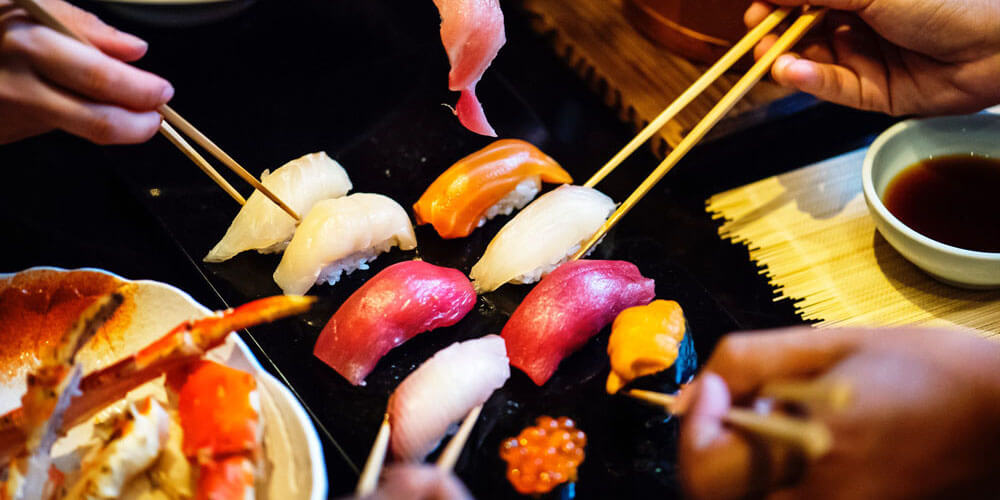
Correct!
Wrong!
-
5. It’s tea time! If you intend to take tea like British royalty, what should you make sure to do with your teaspoon:
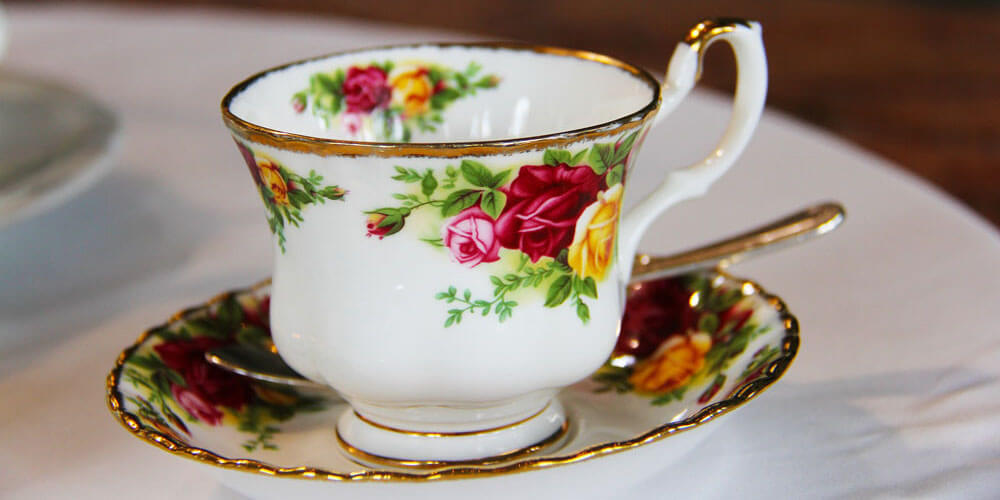
Correct!
Wrong!
-
6. In this country, tipping your server may actually be taken as an insult:
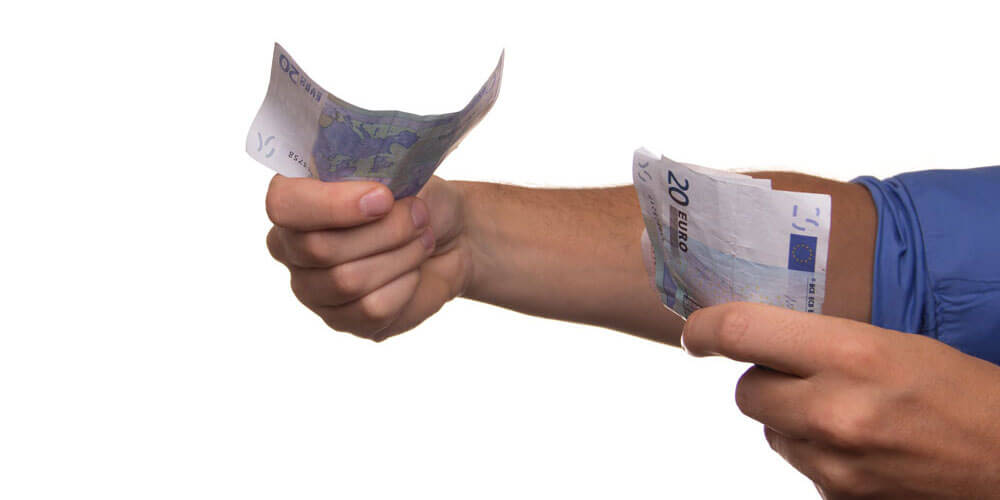
Correct!
Wrong!
-
7. Though common in the US, it’s considered bad form in Europe to:

Correct!
Wrong!
-
8. If you want to do as the locals do in India, you’ll often find yourself eating with what utensil?
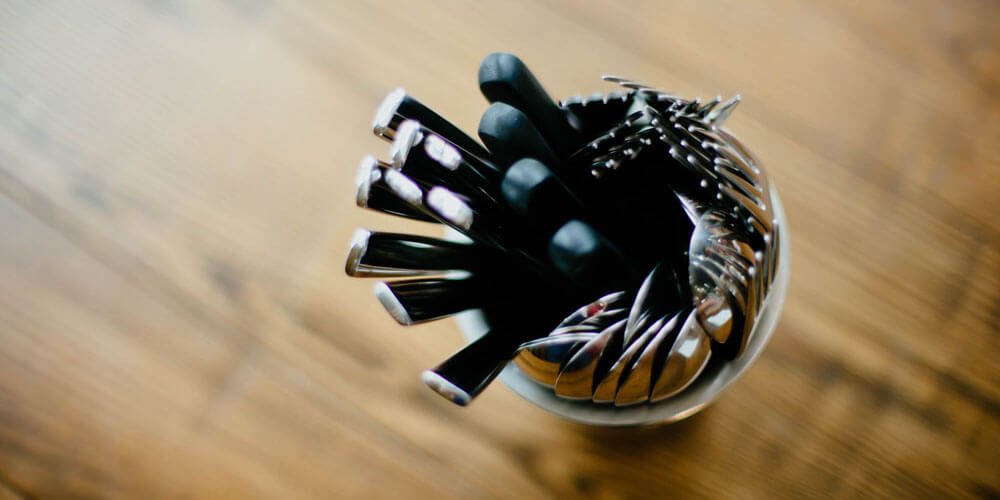
Correct!
Wrong!
-
9. Also in India, finishing your plate is a sign of appreciation and respect. But in what country should you never leave a clean plate, as it signals that your host did not provide enough food?
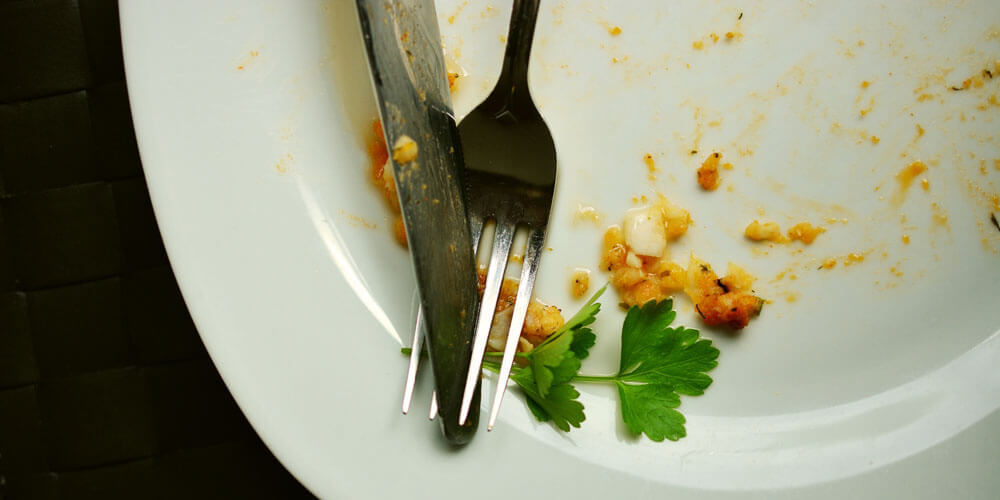
Correct!
Wrong!
-
10. When dining in Thailand, what should you do with your fork?

Correct!
Wrong!
-
11. When in Rome – or anywhere in Italy – which of the following should be avoided?

Correct!
Wrong!
-
12. At a formal Western-style meal, what is the right way to eat your bread roll after it is placed on the bread plate?
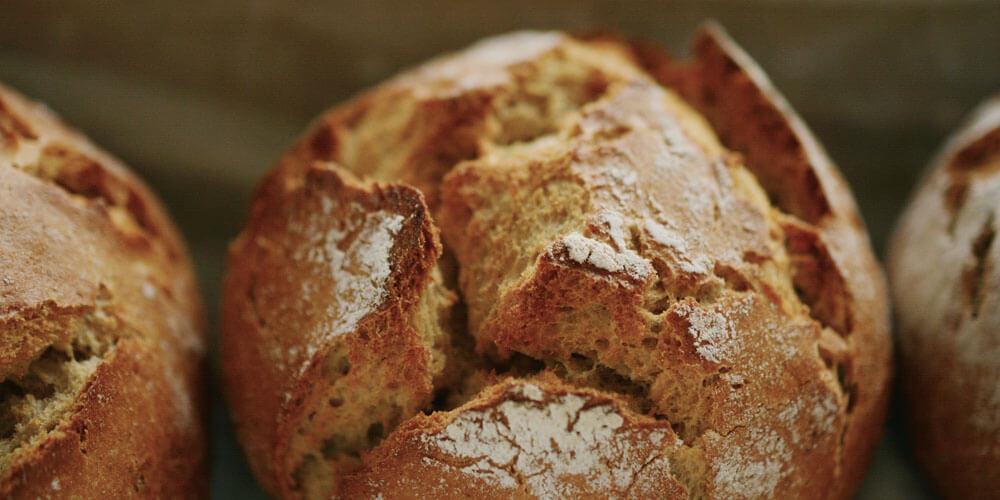
Correct!
Wrong!
-
13. As Jack learned during his fancy dinner with Rose in ‘Titanic’, when presented with multiple utensils at a fine dining establishment, you should…
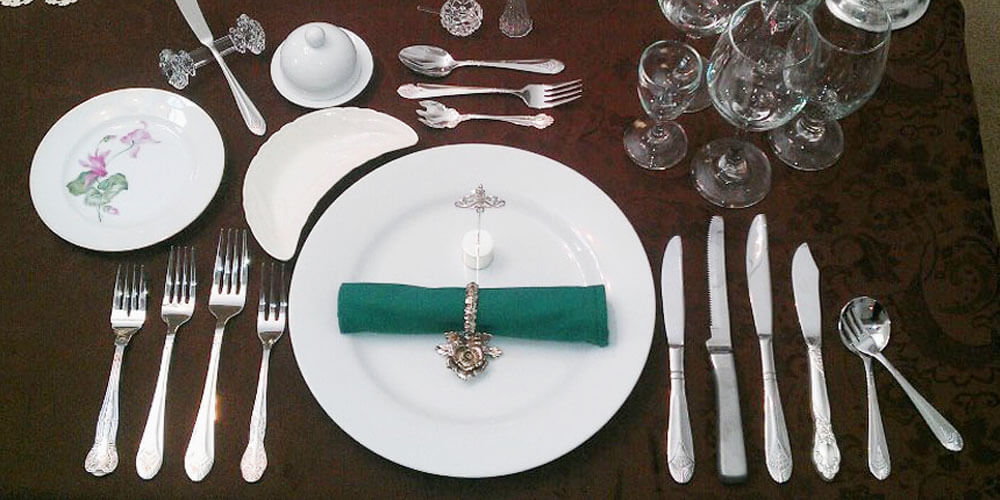
Correct!
Wrong!
-
14. In this country, only a barbarian would cut their salad (instead, you should fold the lettuce into small morsels with your fork and knife):

Correct!
Wrong!
-
15. A famous false etymology of the word “tip” claims that it comes from British taverns in the 17th century, where you’d slip the staff a T.I.P., “to insure promptitude”. In many other languages, such as the French "pourboire", a “gratuity” roughly translates to:
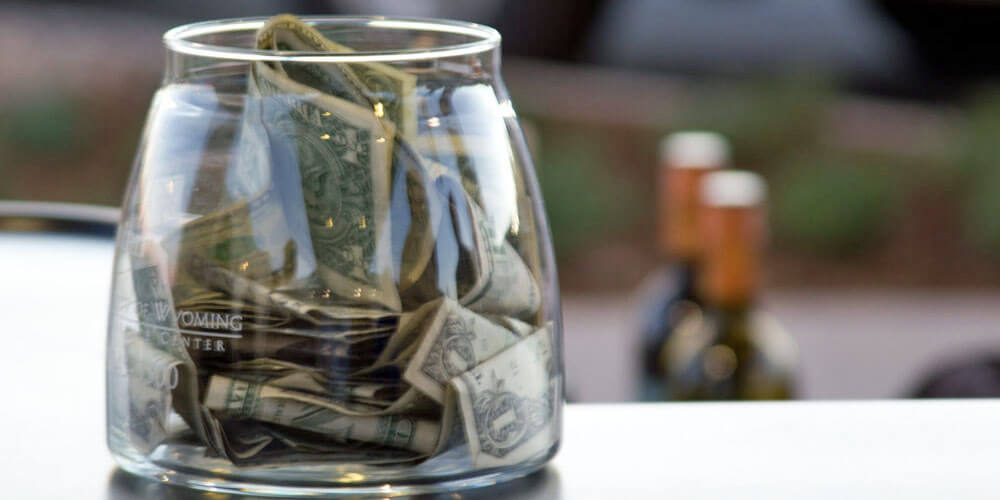
Correct!
Wrong!
-



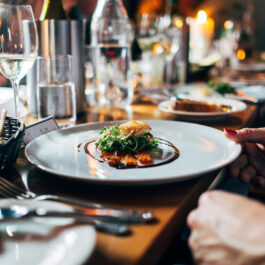
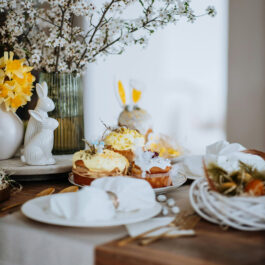





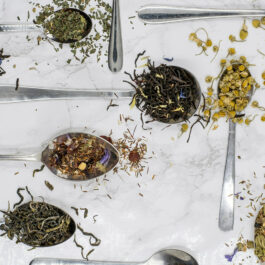



Sorry, the comment form is closed at this time.